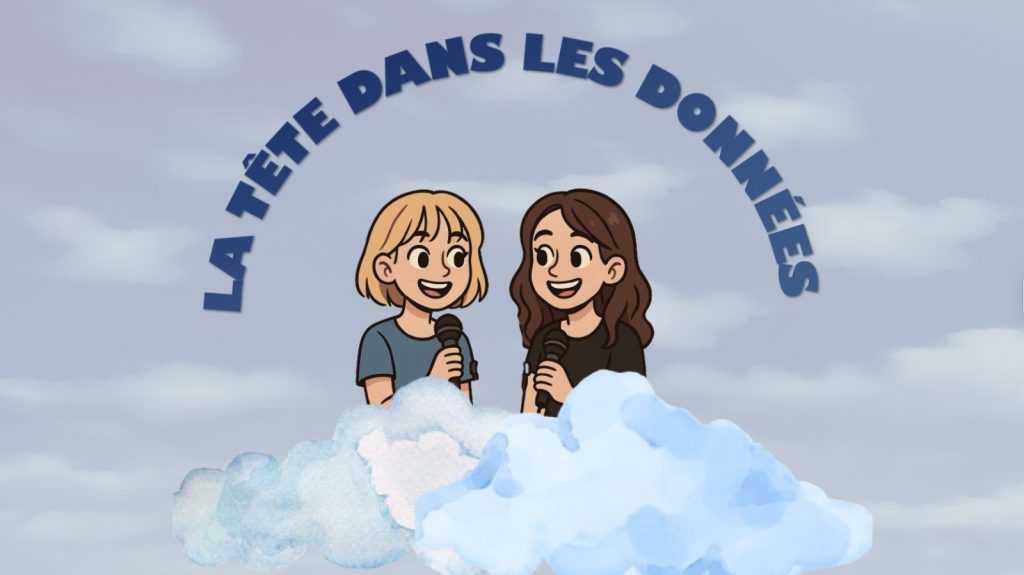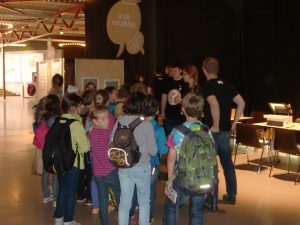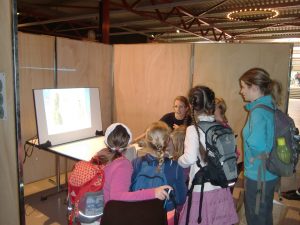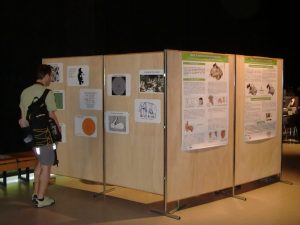Knowing how to talk about science to non-scientists is becoming increasingly important. The competition for research funds is today harder than ever and requires that researchers be able to communicate their findings to the public, the media as well as to their peers.
- Outreach events: During your PhD you can contribute to improve the public understanding of neuroscience by organizing an exhibition or a guided tour in a museum, or by visiting your local school to talk to young students and science teachers.
- Science journalism: Neuroscience is often in the news and you must be prepared to get your message across accurately and persuasively in a few lines, or in a short radio interview.
- Science policy: It is essential to know how to communicate your findings to animal rights groups, medical charities, private funds, etc.
The LN Doctoral School encourages PhD students to improve their science communication skills. Please contact the LNDS coordinator for more information about training possibilities in the Lemanic area, or suggest your own idea. You will be able to validate your training as “Complementary Skills” (max. 2 ECTS during your PhD).
LNDS student blogs and podcasts

Science podcast launched by LNDS students
Every two months, Laure and Malika host a French-speaking podcast diving into fascinating science topics with female researchers. The podcast explores state-of-the-art research from an accessible and practical angle. Check it out!
Plongez la tête dans les données, parce que la science ça fait rêver! Dans ce podcast bimestriel, Laure et Malika vous plongent dans l’univers captivant de la recherche scientifique. Avec leurs invitées, elles explorent des sujets passionnants sous un angle pratique et accessible. Bonne écoute!
https://www.youtube.com/@latetedanslesdonnees
LNDS students @ Thesis storytelling events
LNDS PhD candidates regularly take part in science storytelling competitions, with quite some success …
LNDS students @ Brain Awareness Weeks
In particular in Geneva, LNDS students are strongly involved in brain awareness events for school children each year, e.g. organizing research workshops and lab visit for potential future scientists. Please see here for more information.



LNDS students @ SciFilmIt Competition
The SciFilmIt team is working to bring science filmmaking back to scientists, artists and the public. LNDS students are among of the organizers every year to organize events in Lausanne and Geneva.
